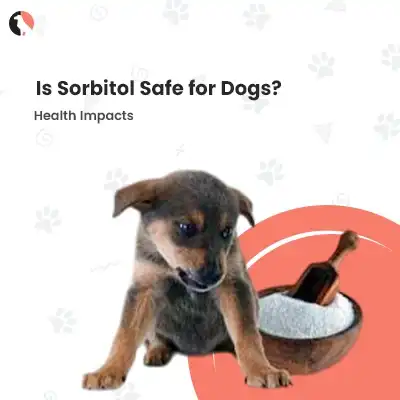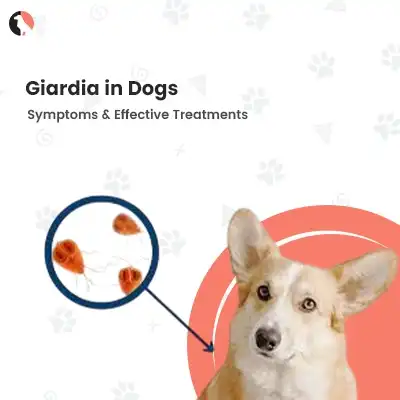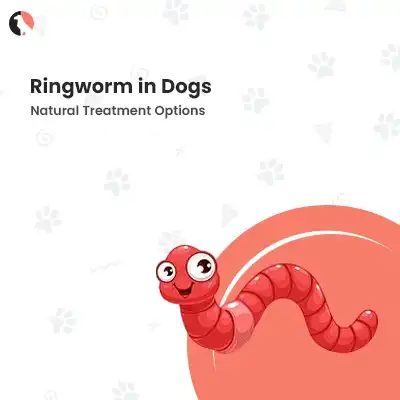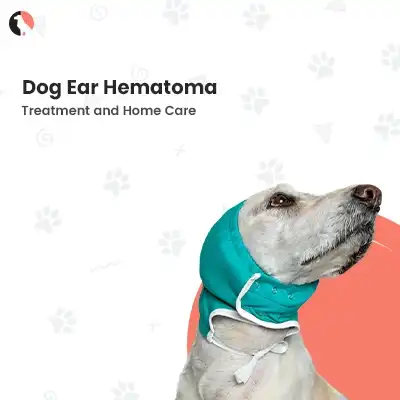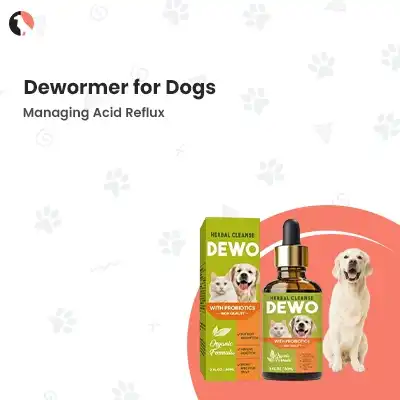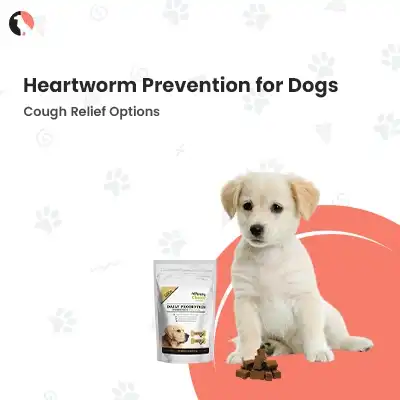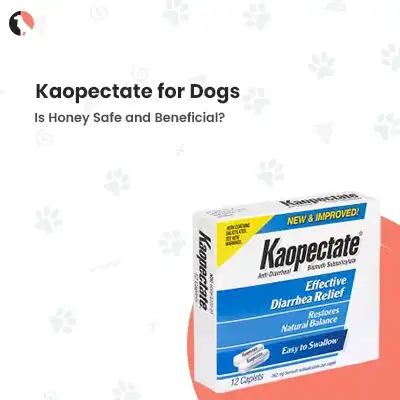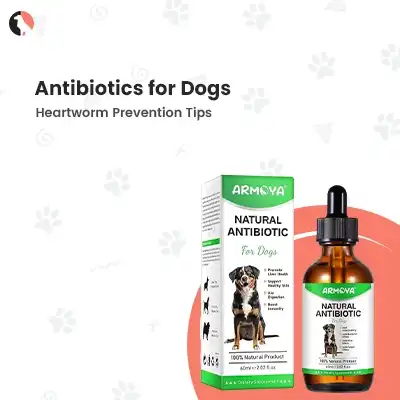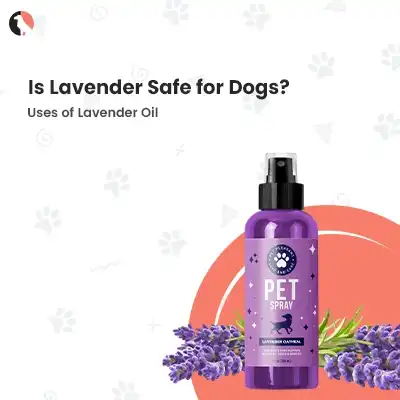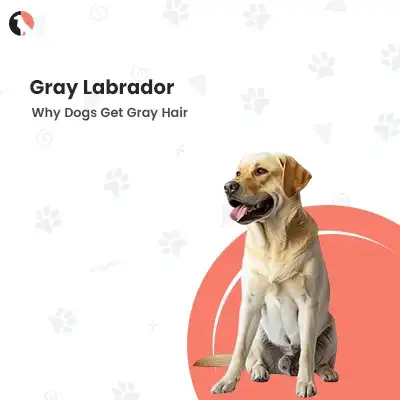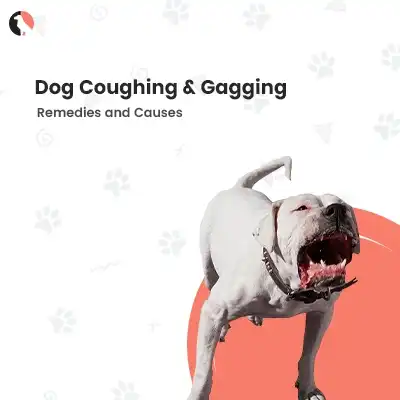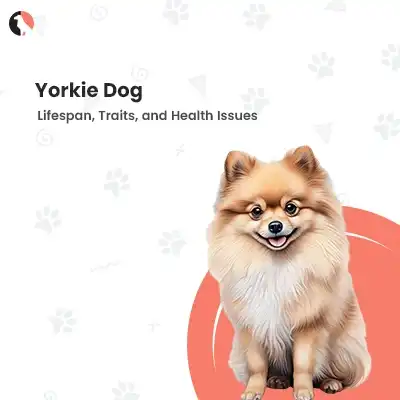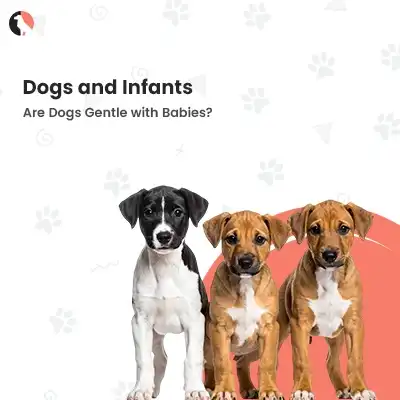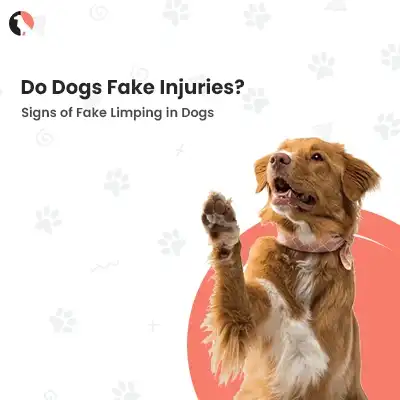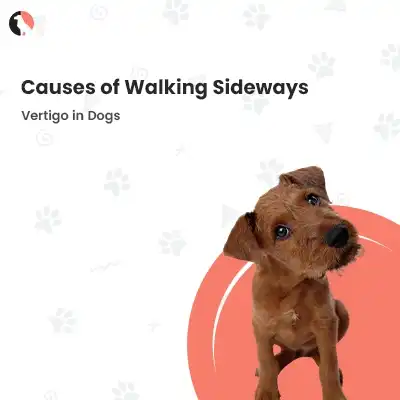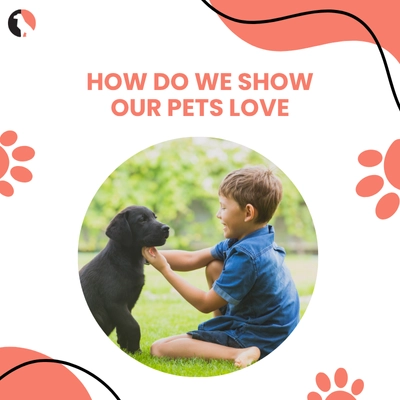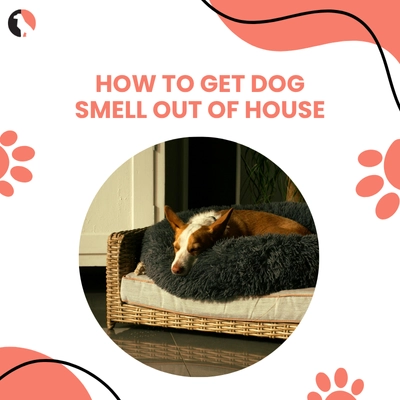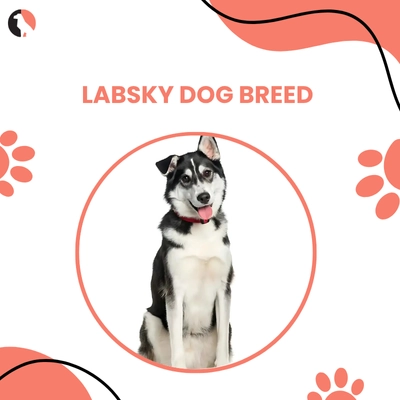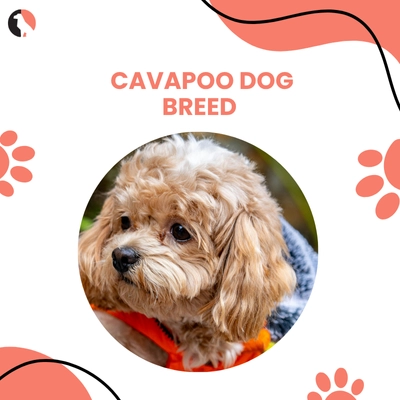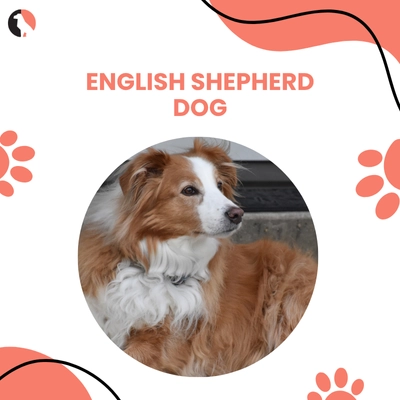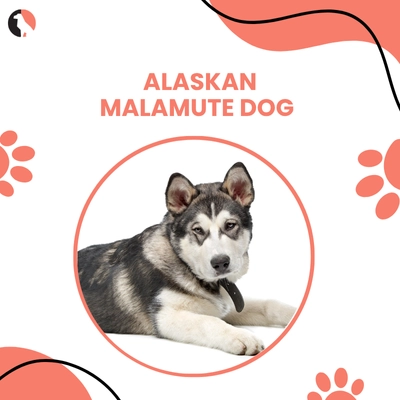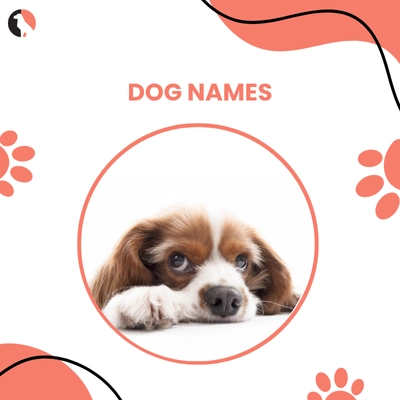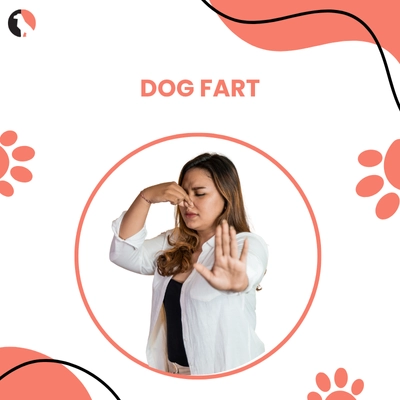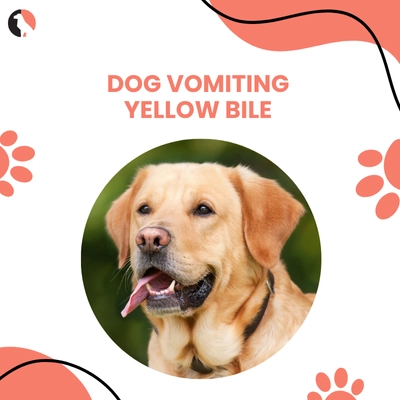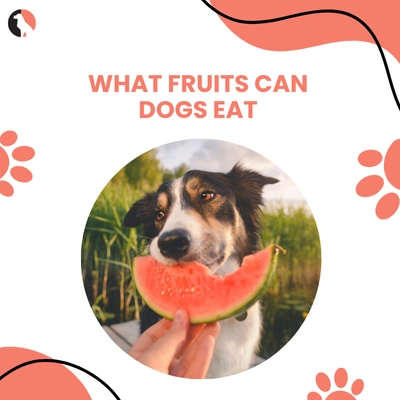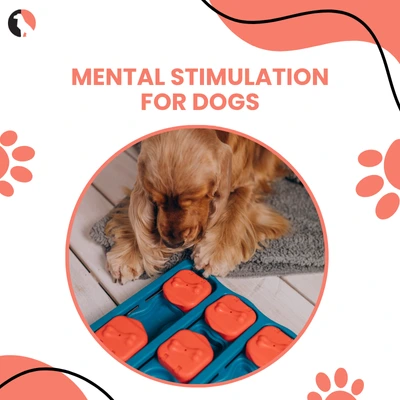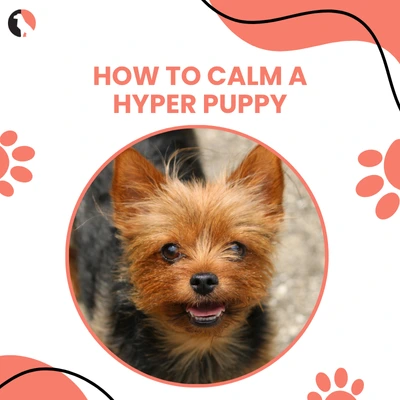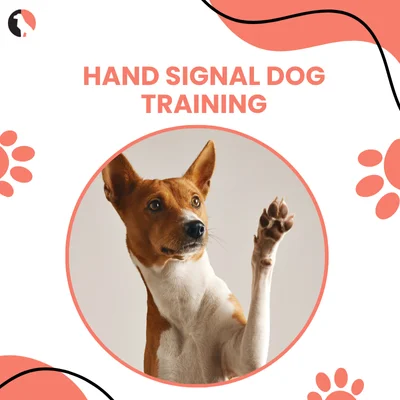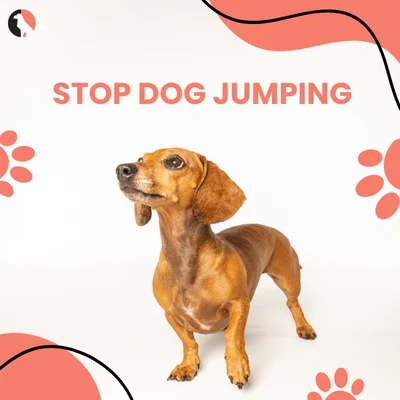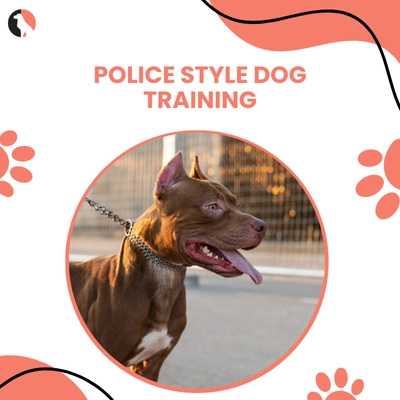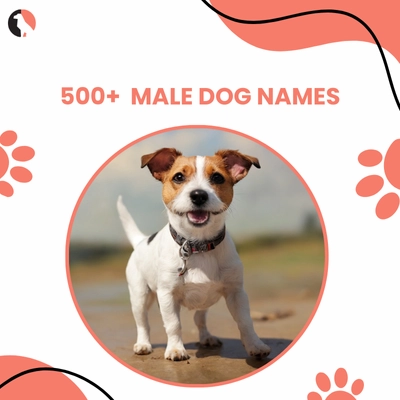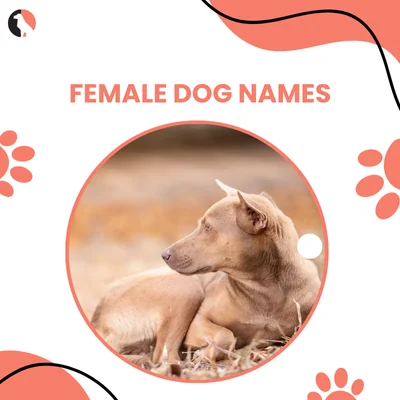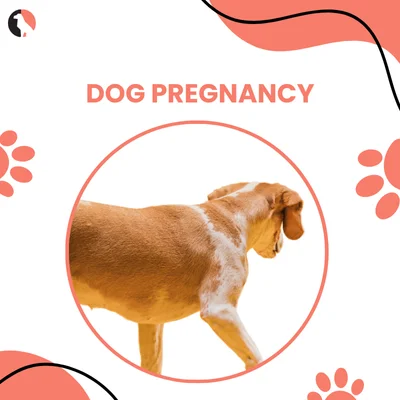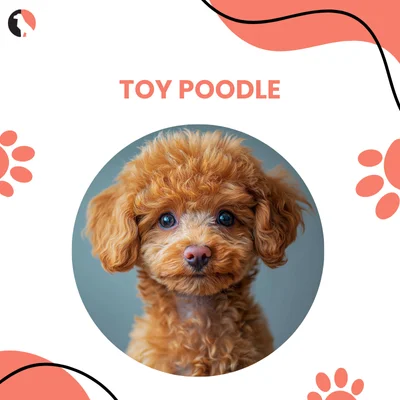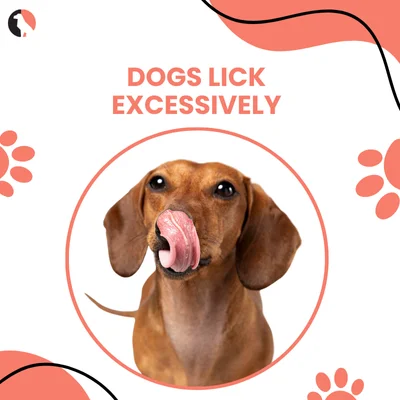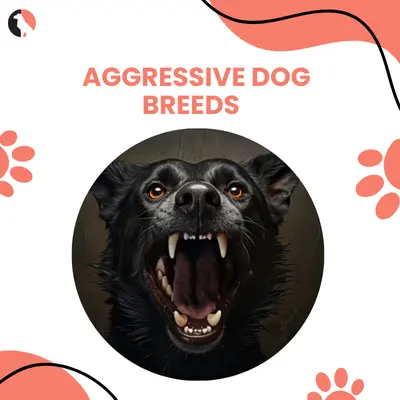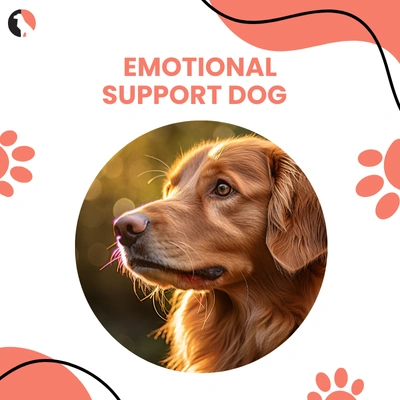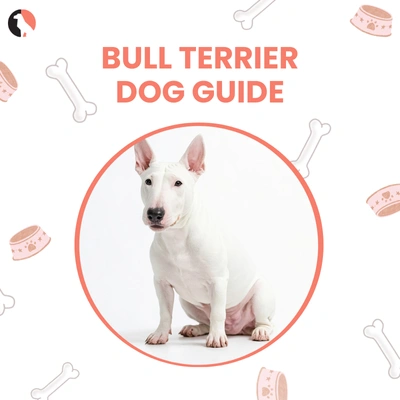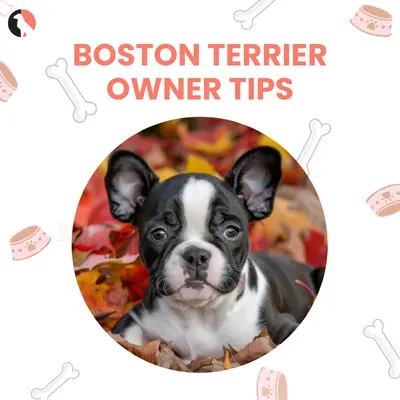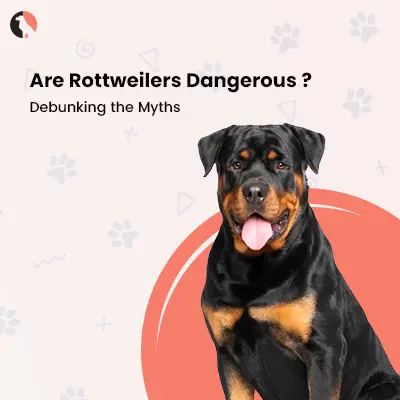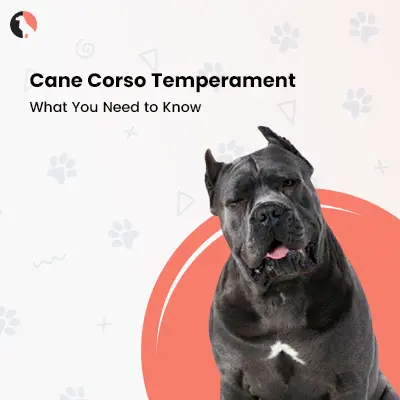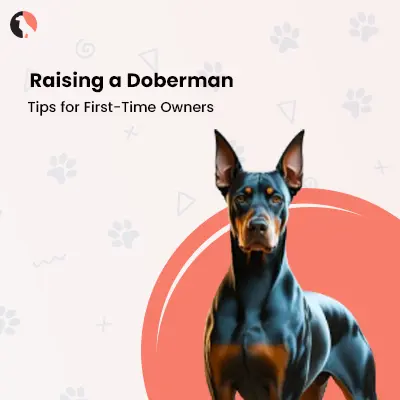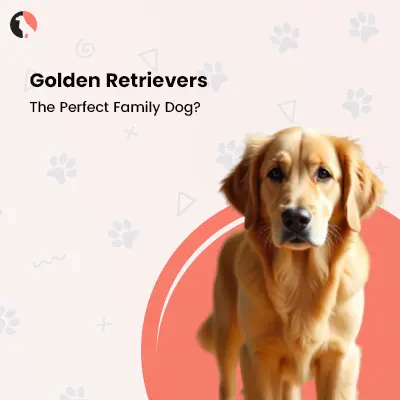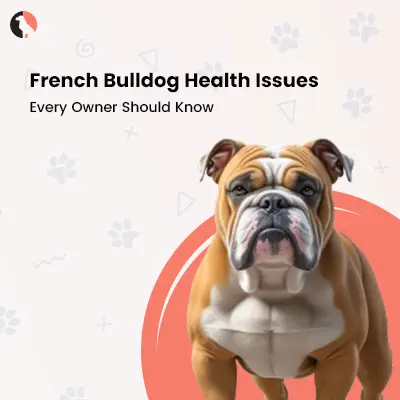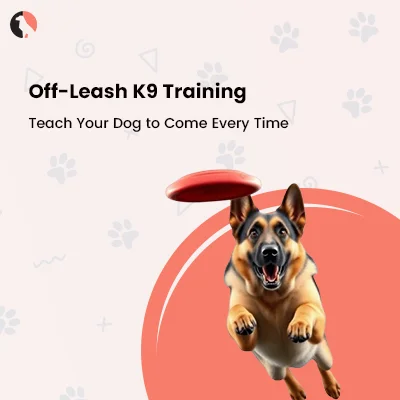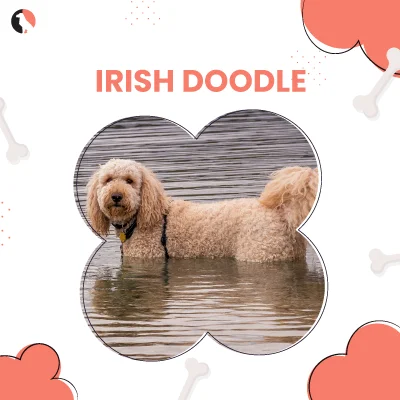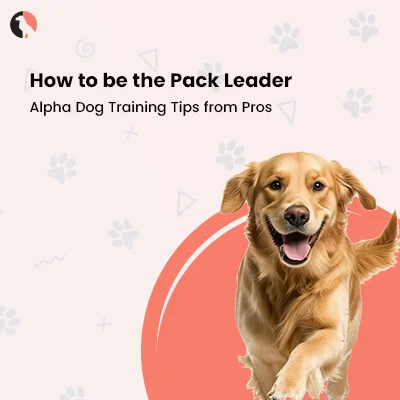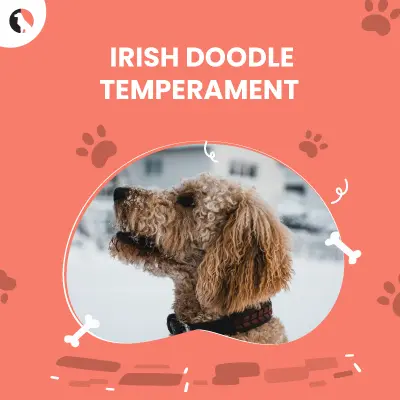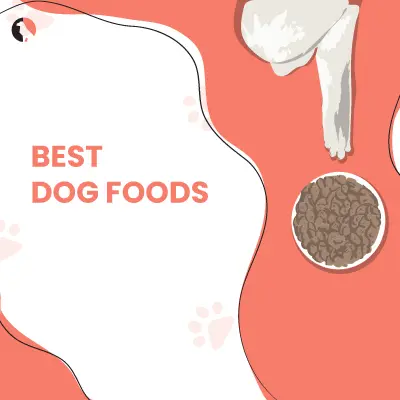Guess what, you’re sitting on your couch, all is completely well, and suddenly boom, your dog jumps up beside you, tail wagging. Then, at once, click-click-click, his jaw starts shaking. It’s not cold. He’s not chewing. But his jaw’s moving like a wind-up toy. Naturally, your brain goes into a mini panic: “Why is my dog’s jaw quivering?” or worse, “Is dog teeth chattering something serious?”
Let’s clear the noise, ditch the panic, and decode that weird jaw action.
What Is Dog Teeth Chattering, Exactly?
Dog teeth chattering has a particular sound. It is like someone tapping a spoon against porcelain. It can be rhythmic or maybe, erratic. Sometimes it is quite loud that you can even hear it across the room. Other times it’s subtle, and almost like a tremor. And it is definitely not always just because they’re cold; there could be multiple other reasons.
It might last just a few seconds, or go on for minutes. And while the sound may seem harmless, it’s often your dog’s way of whispering that something’s up, physically or emotionally.
Visit: 20 Toxic Dog Foods You Should Never Feed Your Pet
Common Reasons Why Dogs Chatter Their Teeth
Below are the real-world reasons, from the silly to the serious.
Emotions on Overdrive
Dogs are wired weird. Their excitement, fear, anxiety, or anticipation can all cause dog jaw chattering.
- They see another dog? Teeth chatter.
- You grab their leash? Chatter.
- You come home in 5 minutes? More chatter.
It’s like a pressure valve, just one that clicks and shakes their mouth.
Key sign: It happens mostly during high-stimulation moments.
Fix: Distraction. Gentle voice. Calming routines.
Scent Processing (Yes, Seriously)
There’s a thing called the Flehmen Response, when dogs curl their upper lips and pull scent particles toward the vomeronasal organ (or Jacobson’s organ).
Sometimes, dog teeth chattering happens when your dog picks up a powerful or weird scent, like another animal’s urine or pheromones.
Looks weird, feels weird, but it’s normal.Source: A study in Applied Animal Behaviour Science highlights this response in multiple mammal species, including domestic dogs.
Discover: Pregnancy Test for Dogs: Signs, Methods, and Accuracy
Physical Triggers You Shouldn’t Ignore
While some chattering is just emotional static, other times it can be a blinking red light.
Oral Pain or Dental Disease
If your dog has a cracked tooth, gum infection, or oral lesion, the pain can trigger a jaw tremor. The act of chattering might help them “release” that discomfort, like you clenching your teeth when something hurts.
- Bleeding gums?
- Drooling more than usual?
- Avoiding chew toys?
If yes to any, call the vet.
According to the Journal of Veterinary Dentistry, over 80% of dogs show signs of oral disease by age three. Yet many owners miss it, because dogs hide pain like pros.
Seizures or Neurological Issues
In rare cases, dog jaw chattering links to focal seizures, localized fits that only affect part of the body, like the jaw.
It might look like:
- Rapid jaw movement with glazed eyes
- Unresponsiveness
- Drooling without cause
If the behavior is frequent, prolonged, or paired with zoning out, get a neuro exam. Not all seizures involve full-body convulsions.
Explore: Why Does My Dog Lick Me So Much? Top Reasons Behind This Behavior
Age-Related Tremors
Older dogs develop tremors. Just like humans, aging can bring on nerve dysfunction. So if you’ve got a senior pup whose dog jowls quiver from time to time, especially during rest, this could be a benign condition known as senile tremors.
Keep an eye on frequency. Jowls shaking once in a blue moon? Likely harmless. Constant twitching? Time for a vet check.
Let’s Talk About the Lips Too; Is Your Dog Smacking?
If your dog is smacking lips along with the jaw chattering, it adds another layer. Lip smacking can indicate:
- Nausea
- Anxiety
- Dental issues
- Something stuck in their teeth
Sometimes, dog smacking lips is paired with chattering as a way to cope with internal discomfort. Other times, it’s pure anticipation, like when they smell chicken. Either way, don’t brush it off.
Behavioral or Medical? Let Context Decide
Here’s the trick: Context is everything.
| Behavior | Possible Reason |
| Only around new dogs or guests | Excitement or anxiety |
| After eating | Oral discomfort |
| During sleep or just after | Nerve/muscle reaction |
| Paired with drooling or smacking | Dental or GI issue |
| Random, frequent, intense | Neurological concern |
When Should You Worry?
If you’re asking, “Why does my dog chatter his teeth so much lately?” and it’s happening more than once or twice a week, start a log. Write down:
- Time of day
- What was happening right before
- Any other symptoms (drooling, lethargy, shaking, hiding)
Then book that vet appointment. Bring your log. It’s your best tool to help your vet pinpoint what’s going on.
Learn More: Recognizing and Treating Dog Anxiety: Tips for Pet Owners
Could Stress Be the Real Culprit?
Yes. Some dogs quiver, chatter, and smack when they’re stressed. Watch for other signs:
- Pacing
- Panting
- Whining
- Yawning excessively
If you’re seeing several of these behaviors along with dog teeth chattering, it’s worth exploring anxiety triggers.
Change in routine? Thunderstorms? A new pet? Even your own mood can rub off on them.
What About Chattering After Licking?
Many dogs will lick something (or someone), then start chattering like mad. Often, it’s a scent overload, especially if they’re licking other dogs or urine spots. Yep, gross; but normal.
Their dog’s jowls might flutter as they process smells, and their mouth might quiver as if they’re chewing invisible gum. This is usually just sensory feedback, not a problem.
Tips to Handle Dog Jaw Chattering
So, what can you do about it?
Rule Out Pain
First stop? The vet. Especially if this is new behavior or your pup seems uncomfortable.
Check the Mouth
Look for cracked teeth, inflamed gums, or objects stuck near the molars. Be gentle, dogs don’t like surprise dental exams.
Reduce Triggers
If your pup chats his jaw during stressful moments, try calming routines: slow petting, calming chews, pheromone sprays, or even soft music.
Record the Behavior
Take a short video. It’s helpful for the vet and might reveal patterns you didn’t notice.
Check this out: Why Border Collies Are the Smartest Dog Breed
Ultimately…
So, why do dogs chatter their teeth? Lots of reasons. Some funny, some serious, all worth paying attention to.
And if you observe your dog’s jaw quivering just when he’s excited or sniffing your jeans, chances are that there is no reason, and it’s totally normal. But if it’s new, persistent, or paired with other symptoms like dog smacking lips, lethargy, or hiding, get it checked by your vet immediately.
Don’t let those tiny tremors go ignored.


